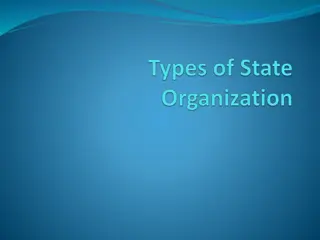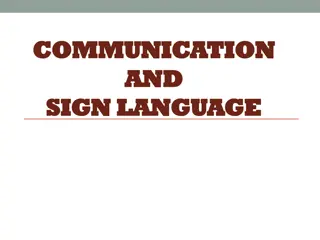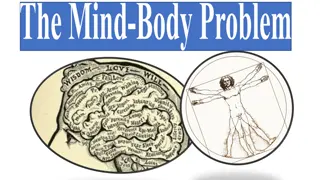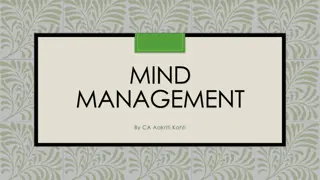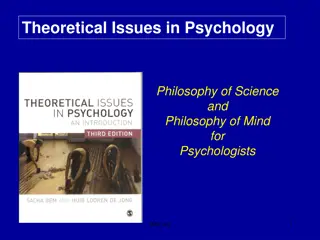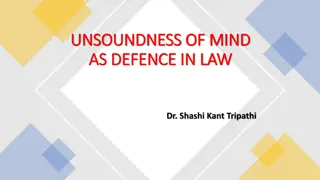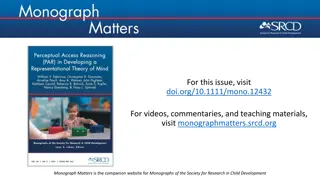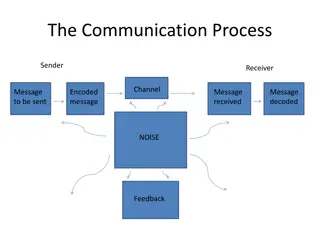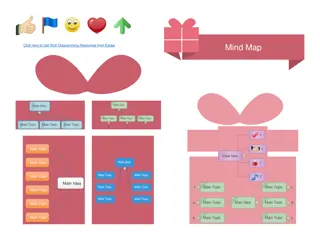Understanding the Three States of Mind for Better Communication
Explore the concept of Reasonable Mind, Emotion Mind, and Wise Mind to gain insights into how our reactions and emotions influence our communication. Discover how adolescents, young adults, and adults interact based on these states of mind, and learn about the importance of language in shaping perceptions and feelings.
Download Presentation

Please find below an Image/Link to download the presentation.
The content on the website is provided AS IS for your information and personal use only. It may not be sold, licensed, or shared on other websites without obtaining consent from the author. Download presentation by click this link. If you encounter any issues during the download, it is possible that the publisher has removed the file from their server.
E N D
Presentation Transcript
Emotional Validation January, 2019 and June, 2019 (make up)
Starting at the beginning .
What are three states of mind? That we all have That we can observe in ourselves and others That help us understand how we are reacting to and relating to others That will make us better able to communicate in validating ways
Reasonable Mind Plans and evaluates logically; Is planful in actions; thinks things through; Is easier to maintain when you are feeling good. Emotion Mind Thinking and behavior are controlled primarily by emotions; Logical thinking is difficult; Facts may be distorted to fit with the affect.
Wise Mind Emotions cannot be controlled by intellect or vice versa they need to be integrated; Intuitive something that feels right , that feels like the truth; Being able to see the whole picture very clearly; When you can feel at peace with a decision feel centered .
Adolescents and Young Adults Are driven by what they feel they need in Emotion Mind Might mask their emotions or otherwise appear competent in reasonable mind Think about the most effective way to handle a situation in Wise Mind
Adults who deal with them React in Emotion Mind Lecture or give explanations in Reasonable Mind Respond in Wise Mind (hint: Wise Mind responses have the best outcomes ..)
The language we use is important in determining how we perceive people and their behaviors and how we feel about them. The words we use impact: The tone of our work; Our feelings about and responses to clients; Parents feelings about and responses to his/her child. Changing language helps to change attitudes and feelings. Judgmental language makes us angry, frustrated disappointed When you are less judgmental, you will feel calmer and more accepting
Non-judgmental language Describes in detail does not label. Describes the behavior or situation in front of you so that someone else can see it the same way you do You can only describe what you can observe. No one has ever observed: Other s intentions Other s thoughts Other s feelings Causes Reasons Meanings
But, non-judgmental language does Look at the consequence of the behavior. For example: When you act that way, I feel sad. If you behave that way, you may be suspended. If you do not change your behavior, you may not get what you want or meet your goals. Allow for preferences and opinions
Non-judgmental language does not assume the intent of the behavior assume that the intent of behavior is to impact someone else in a negative way Regardless of how the observer FEELS because of the behavior, assumptions cannot be made about the INTENTION of the behavior.
Validation is a communication of empathy and acceptance.
Validation means letting someone know that you: Are listening; Understand how he/she feels; Are taking him/her seriously; Are understanding his/her behavior within the context of his/her life circumstances; Accept him/her. That you have found what genuine and valid (the kernel of truth) in
Validation does NOT mean that you agree or that you like what the person is doing, feeling or saying.
https://www.youtube.com/watch?v=- KXJobu6TG8&t=207s
Validation serves to de-escalate emotional situations
There are six levels to validating others
Mindful Engagement Active listening Good eye contact Being present and in the moment Showing interest Asking appropriate questions
Accurate reflection Paraphrase without adding your own spin on what the person has told you Reflect back to the person what you have heard
Reading cues You look upset/stressed/sad/unhappy. Is something bothering you? What other cues might you ask about?
Historical perspective Drawing on what you already know about the person s life and concerns, you can lend perspective to help the person connect the dots. You are NOT analyzing the person. You are making a suggestion: Didn t you feel really disappointed the last time you couldn t go home?
Assuring reasonableness Letting the person know that having feelings about this event is normal and reasonable: others have felt very badly about this too, in fact, I would be angry if someone said that to me.
Radical genuineness What is "radical genuineness"? It is treating someone as a real person with real feelings instead of as someone who has a mental illness or is always out of control and is incapable of solving his/her own problems.
ROLE PLAY Student comes in late to class for fifth time in past two weeks. Teacher example #1 Teacher example #2
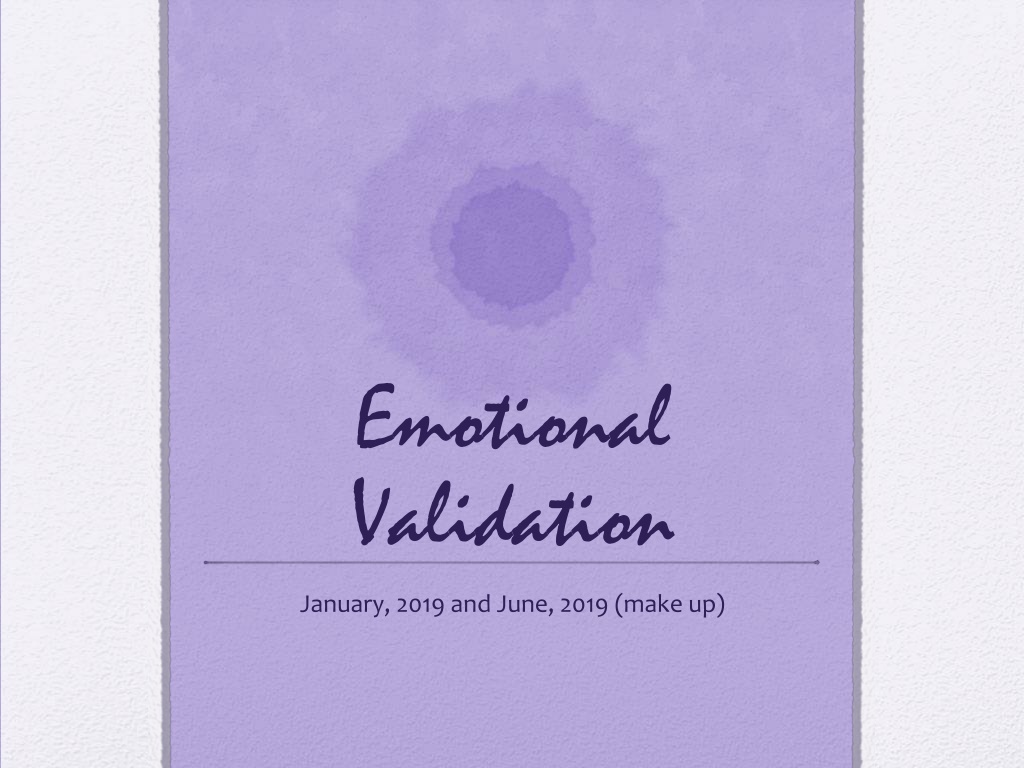



![[PDF⚡READ❤ONLINE] Zen Mind, Beginner's Mind: 50th Anniversary Edition](/thumb/20459/pdf-read-online-zen-mind-beginner-s-mind-50th-anniversary-edition.jpg)

